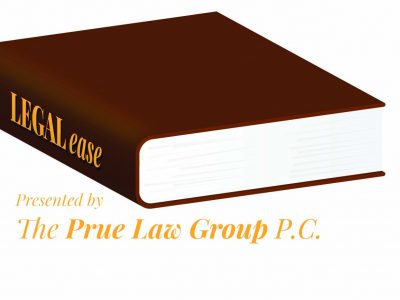
The Prue Law Group can offer some advice about your options when your loved one requires long-term care. When your spouse or loved one is no longer able to perform every day routines such as preparing meals and bathing, you wonder what you can do. You may be concerned that a member of your family or friend who lives alone can no longer live independently. Since most of us have no experience with this scenario, it is natural to worry about placing a loved one in a skilled nursing facility.
Even in the best of times, placing your loved one in a nursing facility is not an easy decision to make. Because we are making our way through a pandemic, this is a much more complicated decision. When it becomes obvious that you need assistance, you need advice from a trusted source. It is impossible to weigh your options when you have no real information before you. You wonder whether it will be possible to spend time with him or her in the facility.
Rest assured that you do have options. In home long-term care is available, from home care companions to skilled nursing care. You and your loved ones can get the care needed while remaining comfortably and safely at home. Many people are shocked at the high cost of long-term care, especially in a nursing home.
Medicare and most private health insurance plans do not cover the cost of long term care, whether at home or in a facility. A separate long term health care insurance policy can provide for care but so few families are sufficiently covered. And with the daily costs of long term care continuing to rise, that can quickly deplete income and savings. Thankfully there are government funded programs, such as the Connecticut Home Care for Elders Program, that provide benefits to defray the cost of care. In order to be eligible for assistance, you or your loved ones must demonstrate a need for these services as well as meeting the financial criteria. These criteria vary from program to program and the application process can be extensive and overwhelming.
The staff at The Prue Law Group has extensive experience in navigating these various benefits and programs. Let our attorneys discuss the options available for you and your loved ones. Do not let the application process deter your loved ones from getting the care they need while allowing them to remain at home and allowing you the peace of mind that they are being well cared for.
When legal matters….Call The Prue Law Group. Call (860) 423-9231 today.










